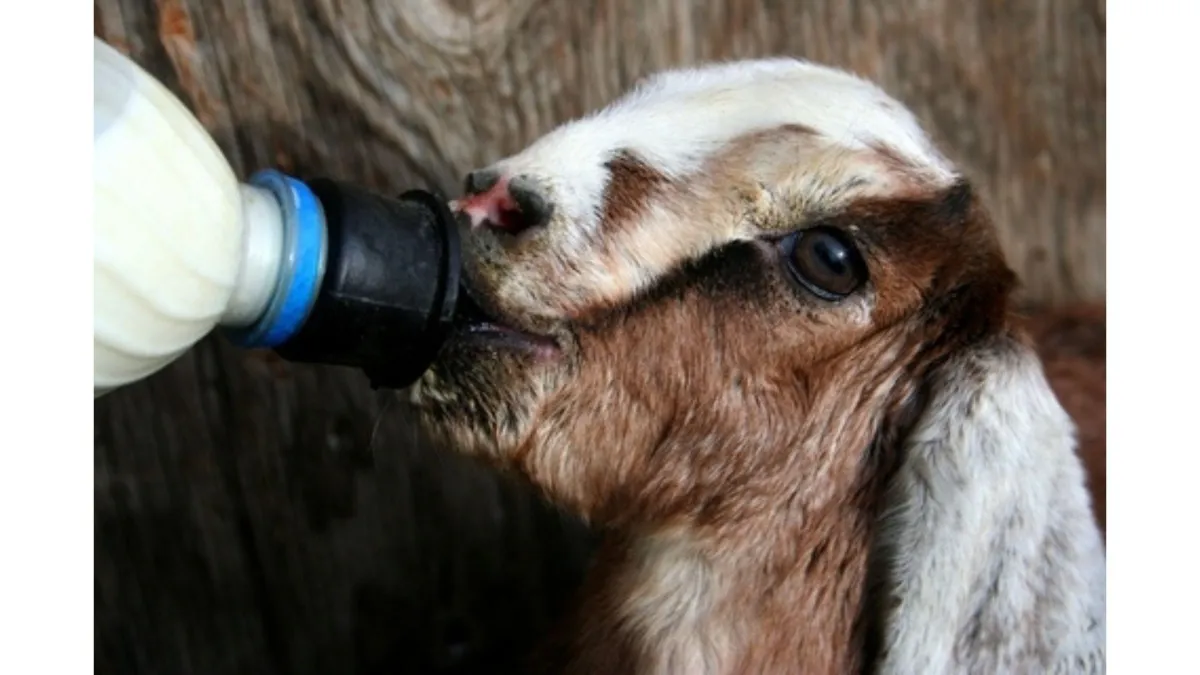
Scouring in Hand Reared Animals
Diarrhoea (or scours) is a common issue in hand-reared young animals, especially during the first week or two of life. It is much easier to prevent scours than to treat it, and prevention starts with high-quality nutrition, correct feeding techniques, cleanliness, and warmth.
Prevention Is Better Than Cure
Very young animals are particularly vulnerable to scours. Good colostrum intake, quality milk, and proper hygiene significantly reduce risk.
Key prevention tips:
Use species-appropriate milk powders (e.g. sheep milk powder for lambs).
Follow feeding guidelines for concentration, volume, and frequency.
Maintain a warm, dry, low-stress environment.
Keep feeding gear clean and sanitised between uses.
Scours is more likely to occur if milk is too cold or too hot, or if too much is fed at once. Sudden changes in feed can also upset digestion.
Causes of Scours
Scours can be nutritional or infectious.
Nutritional causes:
Poor quality or unsuitable milk replacers
Overfeeding or incorrect temperature
Sudden changes in feed
Poor-quality supplements or stale calf starter meal
Infectious causes:
Viruses such as rotavirus
Parasites such as cryptosporidia
Bacteria such as E. coli and Salmonella
Avoid giving silage or chaff to very young animals.
Signs of Scours
Scouring animals typically show:
Runny or watery faeces, sometimes with mucus or blood
Soiling down the back legs
Disinterest in feeding
Straining or tail lifting
Bloating or abdominal pain
Dullness, dehydration, or sunken eyes
If left untreated, scours can lead to rapid decline and death.
How to Treat Scours
Mild cases:
Reduce milk concentration slightly for 24 hours
More serious cases:
Replace milk feeds with warm electrolyte solution
Ensure access to clean drinking water
Seek veterinary advice early
Signs such as watery or bloody faeces, bloating, refusal to suck, or lethargy require urgent attention. Early treatment improves the chance of recovery.
Hygiene and Isolation
Always clean bottles and teats thoroughly between feeds
Use a dilute bleach solution once a day and rinse well
Isolate affected animals and feed them last to avoid spreading infection
For more information see our guide on Hand-Rearing Lambs, Kids, and Calves. For more support on managing young animal health, check out our Livestock Courses, which include practical information on nutrition, parasites, and disease prevention.

